Gallery
Photos from events, contest for the best costume, videos from master classes.
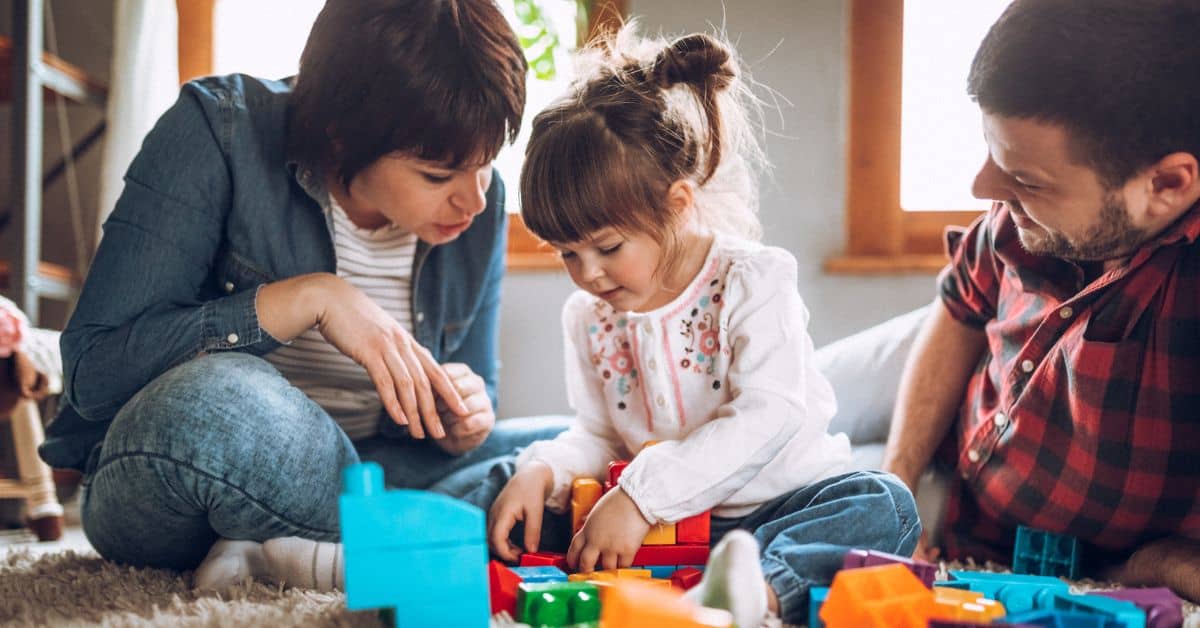 | 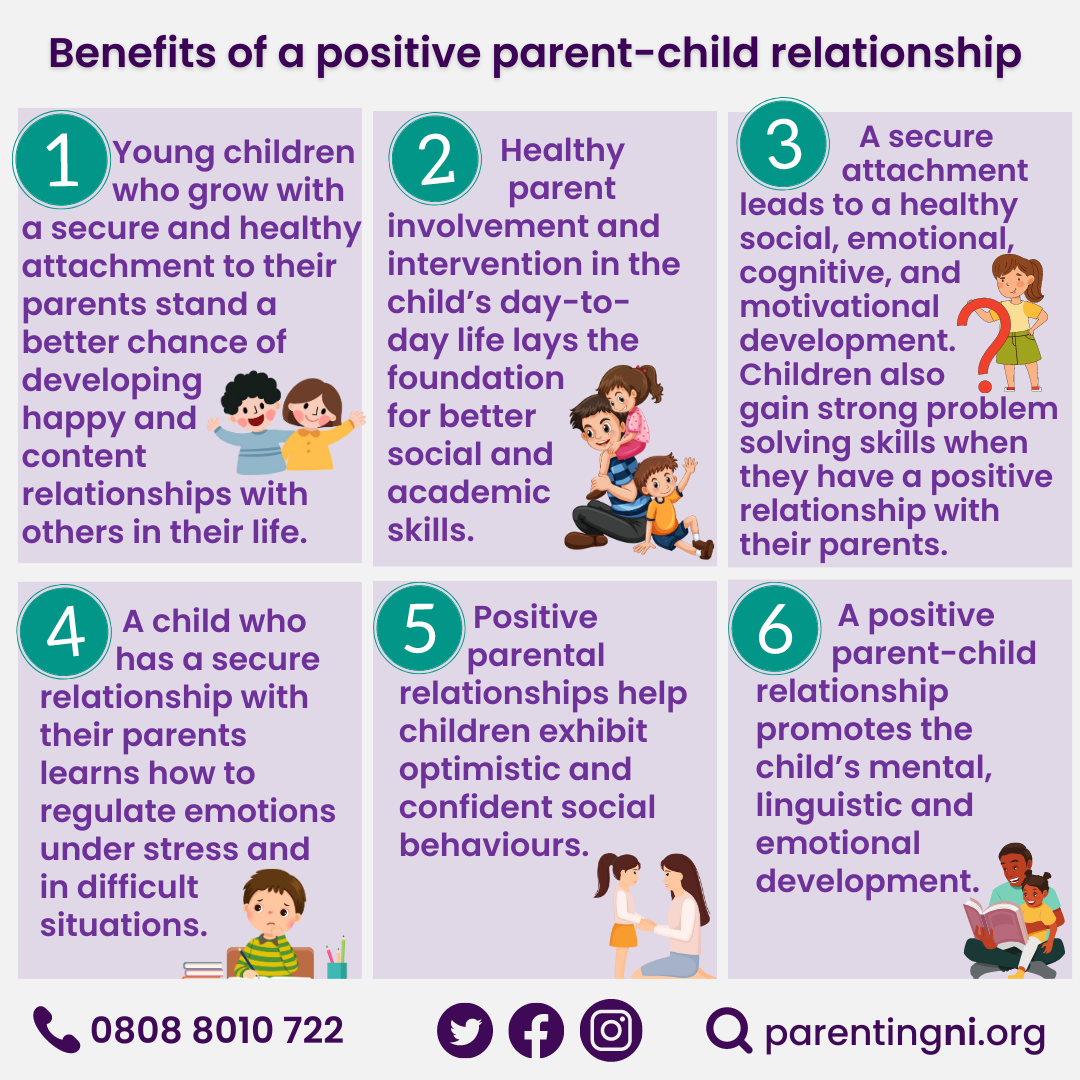 |
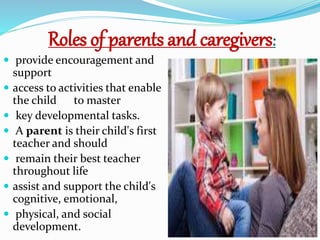 | 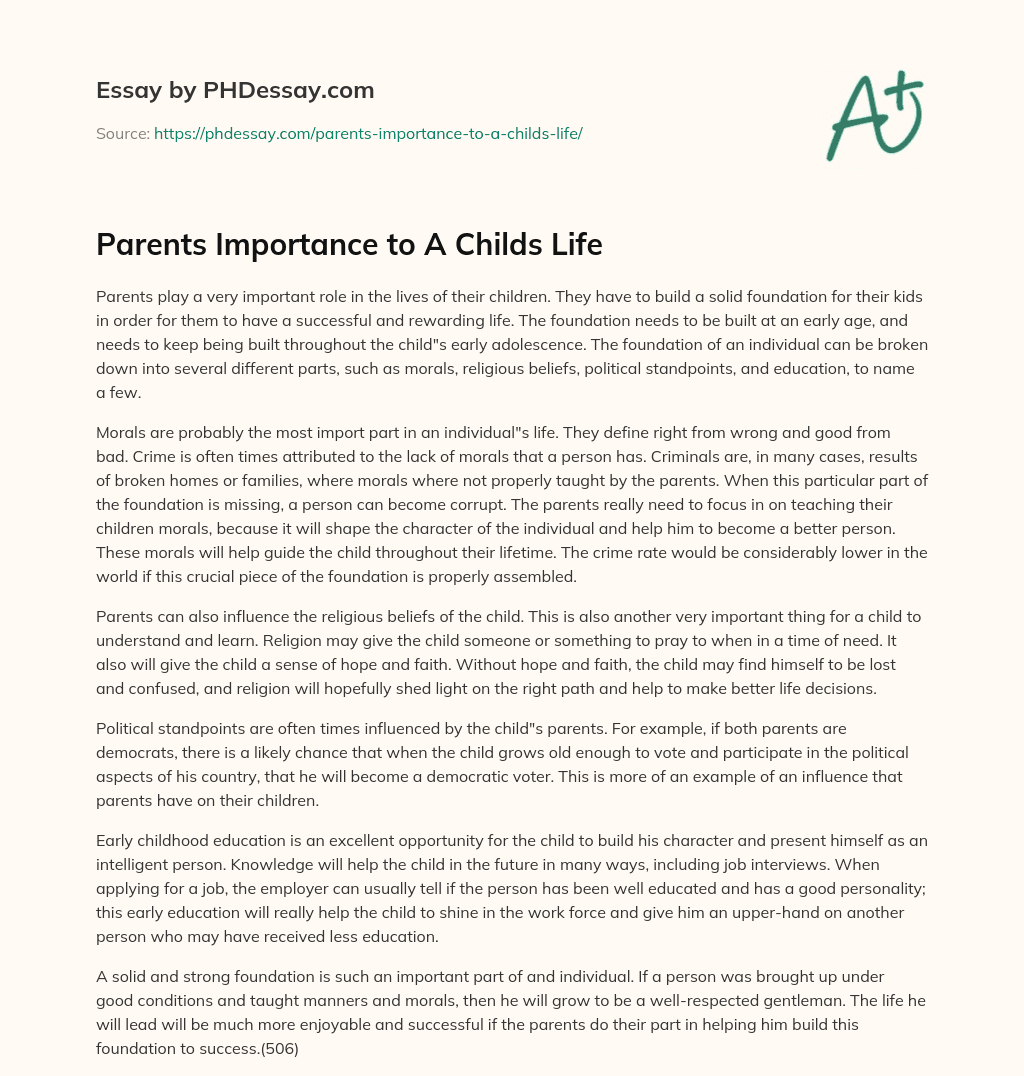 |
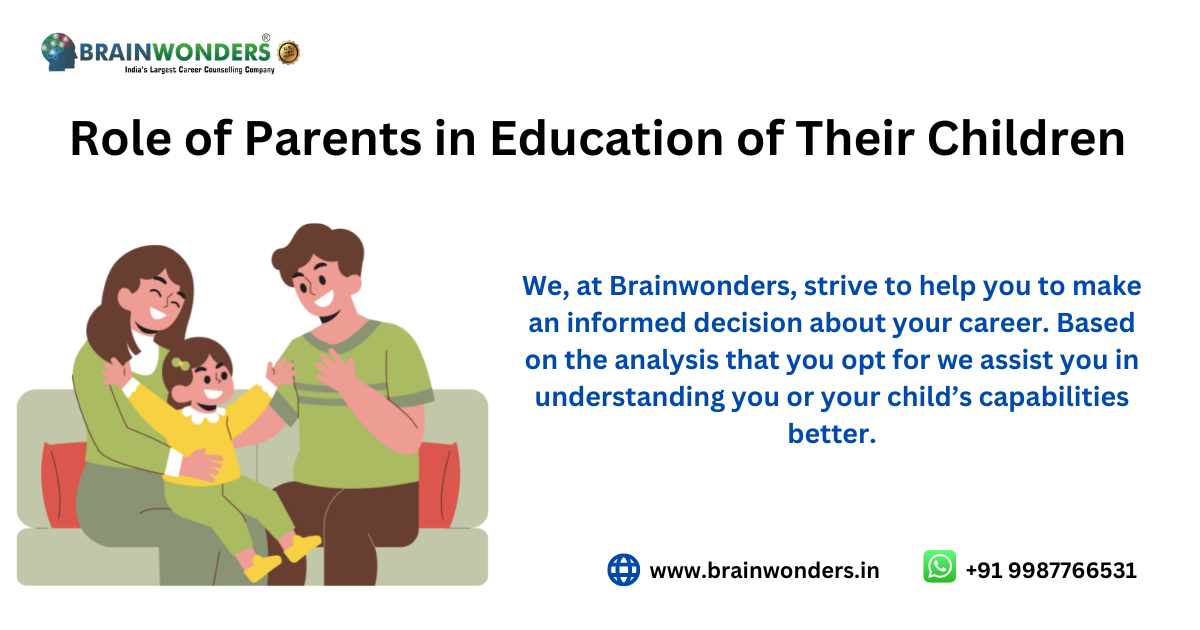 |  |
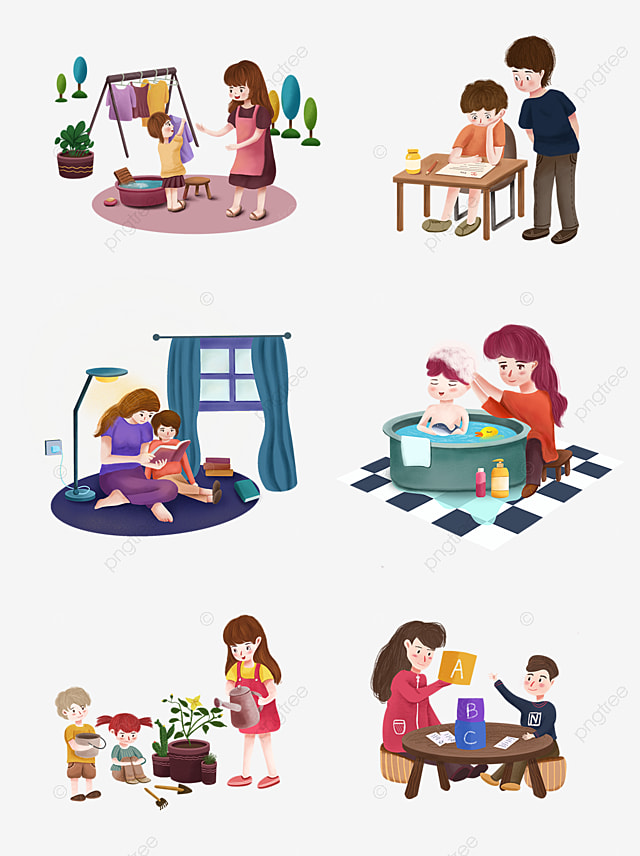 |  |
 | 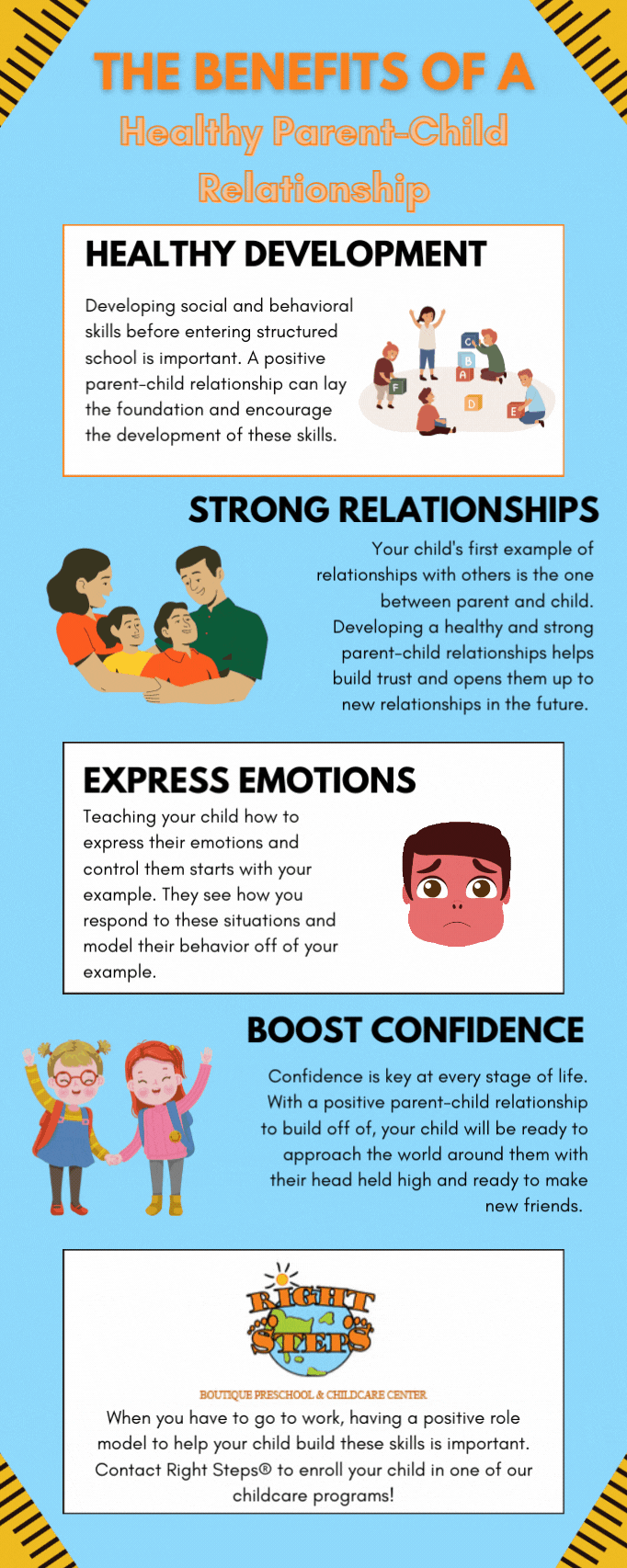 |
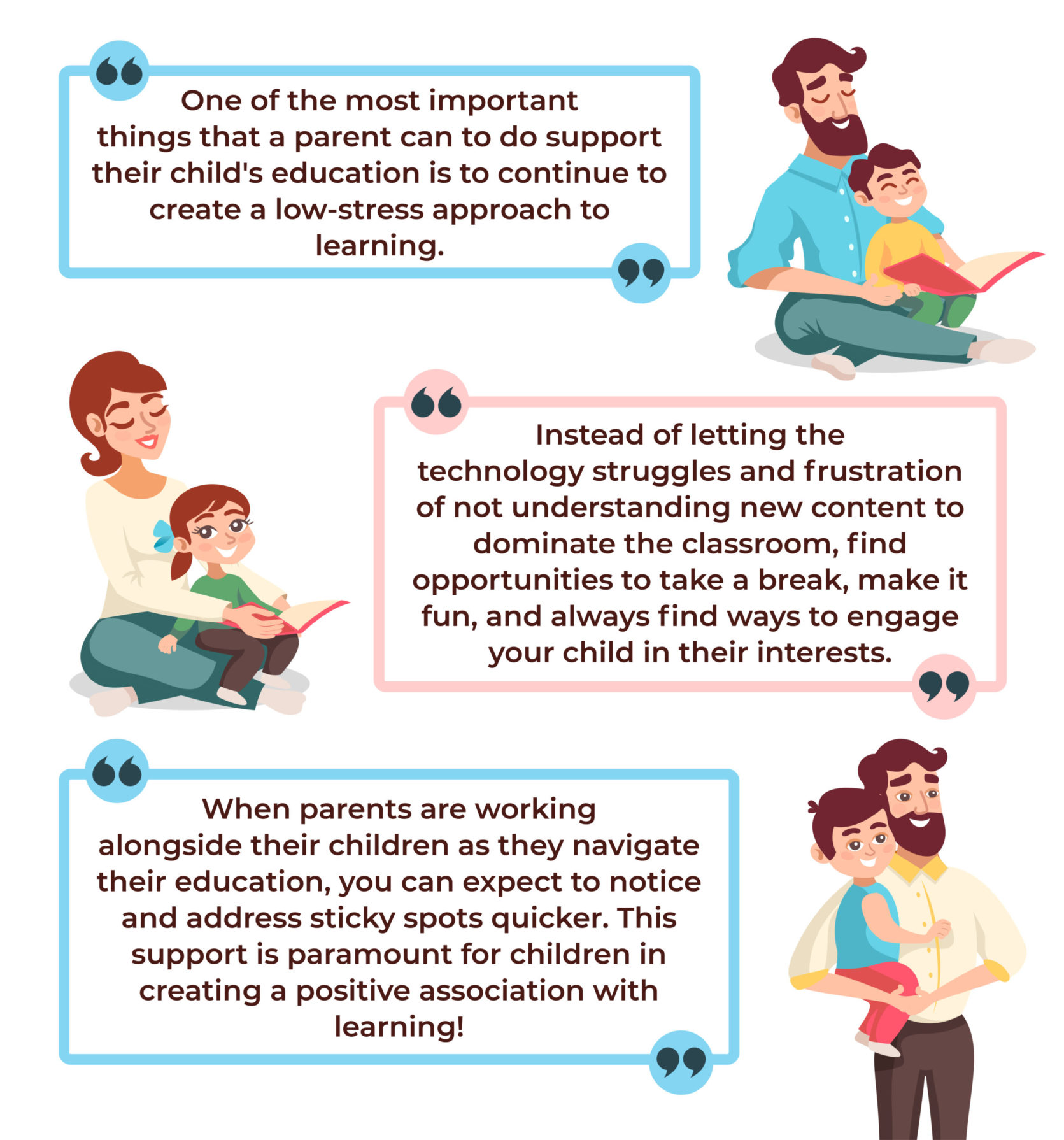 |  |
Both parents play a multifaceted role in shaping a child’s life, emphasizing the importance of their active and supportive involvement. Emotional stability and security are essential for children to thrive in environments where they feel emotionally secure and loved. The importance of Parents stems from the fact that they are the ones who show genuine love. A person can expect unconditional love only from his mother and father in life. In most civilized societies, parents take great care in upbringing their children. They are the ones who help the child overcome his negative attributes and insufficiency. The parent-child relationship is crucial for a child’s development, impacting various areas such as language and communication, executive function, and emotion regulation. Fathers play an important role in a child’s development, affecting their social competence, school performance, and emotional regulation. Parents are among the most important people in young children’s lives, and from Parents play an important role in a child's mental, physical, social and career development. Read this blog to know about importance of parents in life. Having both parents engaged provides children with diverse role models and perspectives. Each parent brings their own set of skills, values, and worldviews, which can enrich a child's understanding of life and relationships. This diversity helps children learn to appreciate different viewpoints, fostering open-mindedness and adaptability. Understand the importance of parental role in child development – your roles, tips to aid your child’s development and more. Throughout my educational experience, I have learned the importance of parental involvement in a child’s life. The involvement can take many forms: being a role model, instilling good habits, being consistent in discipline, and building good relationships. This can be done by taking the time to nurture a relationship with grace and love. Equipping children in such ways can help them overcome The role of parents in a child's life is crucial! They learn by watching what we say & do. So, we lay the groundwork for our kid's emotional and . . . The relationship that parents share with their children is one that impacts a child throughout his or her lifetime. Studies show that the benefits of parental involvement are manifold, affecting numerous areas of a child's life, including health and development, academic progress, and life choices. Parents play an irreplaceable role in the lives of their children. This relationship has a profound impact on a child’s mental, physical, social and emotional development as well as their overall well-being and happiness. Parents help us in every step of our life. “Even when young children spend most of their waking hours in child-care, parents remain the most influential adults in their Parents play a very important role in the lives of their children. They have to build a solid foundation for their kids in order for them to have a successful and rewarding life. The foundation needs to be built at an early age, and needs to keep being built throughout the child"s early adolescence. The foundation of an individual can be broken down into several different parts, such as morals This is an important aspect to remember because we often only think that parents influence children, but children also influence parents. The parent-child relationship goes both ways. This example illustrates how genetics (child’s temperament) influences the environment (parents’ level of warmth). So, What Matters in Parenting? Parents are among the most important people in the lives of young children.1 From birth, children are learning and rely on mothers and fathers, as well as other caregivers acting in the parenting role, to protect and care for them and to chart a trajectory that promotes their overall well-being. While parents generally are filled with anticipation about their children's unfolding personalities Overall, as parents, you are your child’s first teacher, their main role model and provide daily learning opportunities for your child in the home. In order to promote your child’s learning at home and a positive parent-child relationship, parents should be actively involved in playing, talking, listening and interacting with your child. By recognising the importance of both parents' involvement in their child's life and embracing their unique roles, parents can create a supportive and nurturing environment where their child can thrive. Parents and caregivers are the most important people in a child's life. They offer love, acceptance, appreciation, encouragement, and guidance, and provide the most intimate context for the nurturing and protection of children as they develop their personalities and identities and also as they mature physically, cognitively, emotionally, and The involvement of both parents in a child’s life is crucial for their well-rounded upbringing and overall growth. Research has shown that children raised in two-parent families tend to have better educational attainment, employment prospects, and overall well-being. It is important to understand the significance of dual parenting roles and the benefits they bring to a child’s development By establishing attachment and teaching development skills— in addition to instilling values and a sense of security—a parent or caregiver—along with other family members—can be a child’s most important early teachers and influencers—setting the foundation for a healthy and happy life. Parents shape our lives with love, values, and guidance. This blog highlights the profound role they play, teaching life lessons and nurturing personal growth. Parents play a very important role in the lives of their children. They have to build a solid foundation for their kids in order for them to have a successful and rewarding life. The foundation needs to be built at an early age, and needs to keep being built throughout the child"s early adolescence.
Articles and news, personal stories, interviews with experts.
Photos from events, contest for the best costume, videos from master classes.
 |  |
 |  |
 |  |
 |  |
 |  |
 |  |